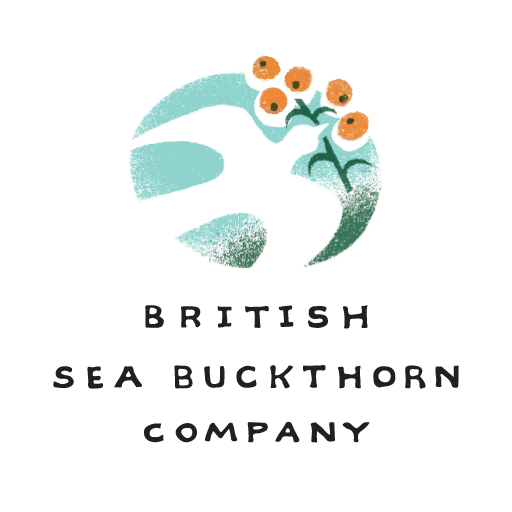As an late 50s (age) UK resident I am at a time in life when health is becoming more precious. Every Monday I look to the week ahead and almost all weeks will demand a significant amount of physical work, so good health is an essential to my sea buckthorn project.
I also live in the Clacton area where we have just had a by-election through the defection of our local MP to another party. Politics always raises a lot of discussion about the National Health Service (NHS)question. It is one of the foundation stones of UK life delivering medical help for free at the point of entry for UK citizens. But one cannot help notice that throughout the year there are continuous news stories that it is looking at a £30 billion shortfall in its budget. The population of the UK, as with many other European countries, is aging. We all look to a quality of life. The aspirations of beating cancer have grown and with it the cost of drugs and surgery. It is a cocktail of trouble which no politician seems to want to confront with anything radical.
One of the principle reasons for growing sea buckthorn is its complex nutritional profile. A mix of vitamins; fatty acids and polyphenols which come together in synergy to provide a potential for a mix of health benefits to the consumer.
We are told that legally a food cannot be a medicine and the European Food Safety Agency assesses many attempts to show that benefits can be gained from naturally derived chemicals.
We are also told that to lead a healthy life one should eat a balanced diet as well as take enough, regular excercise.
The international advice of eating five portions of fruit or vegetables is widely known but we still have a population where diet has negative not positive impacts.
The NHS faces a tsumani of diet related diseases whether cardio-vasular; diabetes or obesity. The last of these comes with an alarming statement that 28% of children between 5 and 15 are obese in the UK. The impact on the NHS budget of these diseases is supposed to contribute to between 40 and 50% of the total.
How irrational would it be to say that the government should take the diet of the nation more seriously. Prevention is better than cure. Would this not reduce the budget deficit and allow the budget to funnel into critical disease management?
Of course is it the place of government to intervene in such a fundamental concept as how we eat? It is really back to the place of personal responsibility. But that needs belief in the idea that you are what you eat. It also needs the food industry to look at food quality when they process foods, not just be led by government to reduce fat/salt and sugar. Good natural foods have the power to provide good health. It is not a magic bullet. There are other issues like excercise; how you live; stress etc, but eating is a core factor.
I have just been reading the Code of Conduct of the Sustainable Agriculture Initiative. Under item 1.2 it states that members will promote and communicate their committment ( membership/explicit endorsement of the scheme) through their own company and to their value chain stakeholders. This is the issue – do you lead or follow. If an idea is a good idea and it does you good then passing on the word is what makes it powerful.
The power of the internet is to communicate rapidly and it does an excellent job when news goes viral. But we live in a fast moving world and news is quickly forgotten.
The concept of eating well is not for today, it is for a lifetime and the concept delivers the two things that we look for as we get older – better health and a quality of life.
